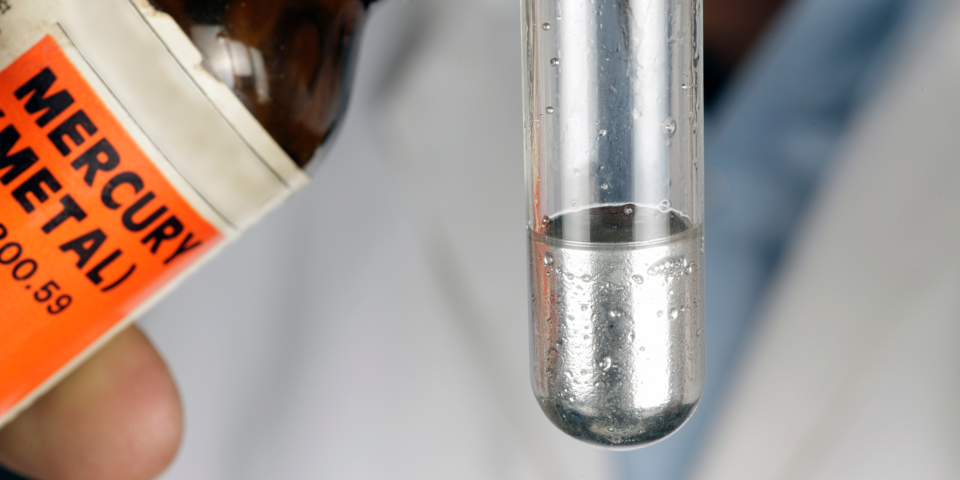 Getty Images Signature - eROMAZe
Getty Images Signature - eROMAZeRevision of the EU Mercury Regulation
European Commission plans ban on dental amalgam from 2025
CC – 08/2023
The European Union (EU) should become
mercury-free. In the past, the Mercury Regulation of 2017 banned the highly
toxic mercury in numerous applications, for example in gold mining, batteries,
fluorescent tubes, thermometers and barometers. One of the last remaining forms
of mercury in the EU is dental amalgam - a mercury alloy filling material used
for dental treatments. This is soon to change. If the European Commission has
its way.
Complete ban from 2025
With the proposed regulation to revise the
EU Mercury Regulation, the European Commission plans to ban dental amalgam. It
presented a corresponding proposal
for a regulation on 14 July. In it, the European Commission seeks a
complete ban on use, production and export from 1 January 2025. The aim is to
protect EU citizens and the environment from the toxic chemical mercury. The
European Commission's initiative is in line with the objectives of the European
Green Deal, the 2020 EU Chemicals Strategy for Sustainability and the 2021 EU
Zero Pollutant Action Plan.
Role of the crematoria
Despite precautions such as mandatory
amalgam separators and pre-dosed and encapsulated use in dental practices,
mercury can enter the environment. The focus here is on the crematoria. Under
current conditions, mercury emissions in crematoria have been increasing for
years. They could be avoided through the use of exhaust gas reduction
technologies. However, there is no EU-wide regulation on this, which leads to
Member States applying very different levels of strictness.
Health and environmental protection
Any mercury released into the environment
can re-enter the food chain. Residues are often found in fish and seafood and
in soils. Deposited mercury has a long life, especially when it is converted
into methyl mercury. This is harmful to health because high mercury exposure
can damage the brain, lungs, kidneys and the human immune system.
Strict regulations and phase-out plans
In Germany, around 47 million dental
fillings were billed to the statutory health insurance funds in 2021. Of these,
1.4 million were amalgam fillings - a share of about 3.2 per cent. The
consumption of dental amalgam is strongly declining throughout the EU, as well
as in Germany. This is mainly due to the implementation of an international
treaty - the Minamata Convention. The Minamata Convention entered into force on
16 August 2017 and has so far been ratified by the EU and 143 countries,
including all EU Member States. It has been adopted by the Mercury Regulation (EU)
2017/852 since 1 January 2018. Since then, dental amalgam has been banned
in the EU for deciduous teeth, children under 15 years of age and pregnant and
breastfeeding patients.
The German Social Insurance (DSV) last took
a position on an impact assessment by the European Commission on the revision of the EU
Mercury Regulation in 2021. From the DSV's point of view, it did not seem
necessary to completely ban dental amalgam due to the strict regulations in
Germany. The complete ban proposed by the European Commission now requires a
fundamental health policy discussion on co-payment-free fillers in healthcare.
